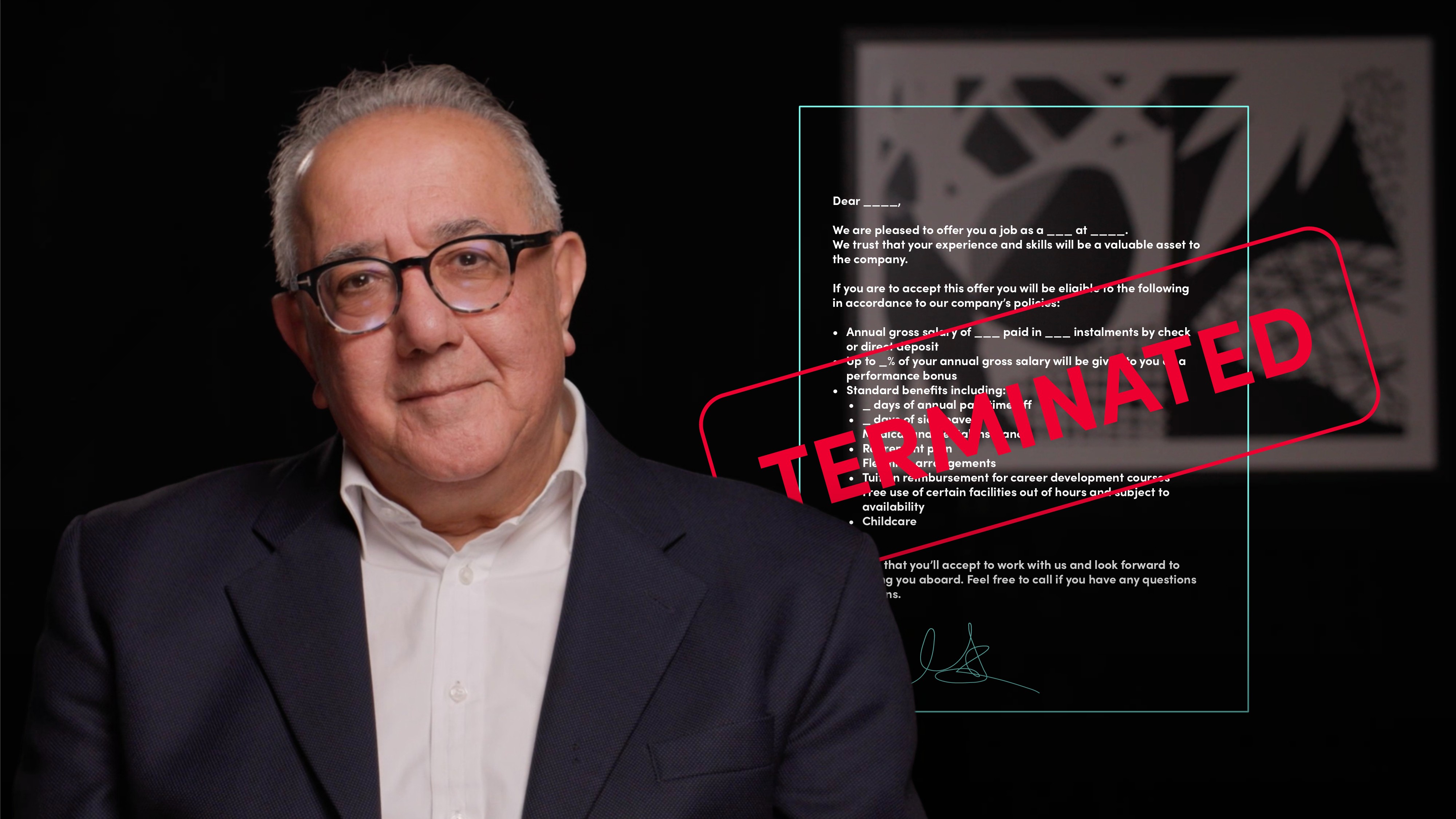
The Four Principles of an Enforceable Contract I

Arun Singh
40 years - Corporate Lawyer
In this video, Arun introduces the main principles of an enforceable contract and looked at the first 2 principles: offer and acceptance. He also explains how an offer and acceptance go hand in hand.
In this video, Arun introduces the main principles of an enforceable contract and looked at the first 2 principles: offer and acceptance. He also explains how an offer and acceptance go hand in hand.
Subscribe to watch
Access this and all of the content on our platform by signing up for a 7-day free trial.

The Four Principles of an Enforceable Contract I
10 mins 12 secs
Key learning objectives:
Understand what makes a contract binding, and therefore enforceable
Outline the concepts of an ‘offer’ and ‘acceptance
Overview:
For a contract to be enforceable, it needs to be binding. For a contract to be binding it needs to satisfy four principles, offer, acceptance, consideration, and the intention to create legal relations. Generally, the law believes that an agreement is made when one party makes an offer and the other party accepts it.
Subscribe to watch
Access this and all of the content on our platform by signing up for a 7-day free trial.
What makes a contract binding?
A contract, or a legally enforceable contract, is complete when it satisfies four principles:
- Offer
- Acceptance
- Consideration
- Intention to create legal relations
It can be difficult to assess the moment at which the parties made an enforceable contract due to the complexity of the agreement. If this is not clear, the courts may find that the terms of the contract have been set out by the intentions of the parties or by the course of dealings; for example, if they have worked together before under certain terms and continue to do that without, each time, agreeing a new contract.
What is the importance of an offer?
An offer is a promise or statement by one party to another that proposes to do something. It must set out the terms, be specific and complete. The other party should be able to accept it and the offer should have been made with the intention of being bound.
Offers can be terminated or revoked at any time. The withdrawal should be communicated to the person with whom it has been offered.
A time lapse may also terminate the offer. A time limit should be set by the offeror.
The offer can be rejected, or the offeree may come back with a counter offer. A counter offer is a new offer, which the person who made the original offer has to accept.
What is the importance of acceptance?
A binding, enforceable contract can only be made if an offer is accepted. Acceptance has to be unqualified and unconditional. The acceptance has to be clearly communicated to the offeror to be effective.
If an offeree appears to accept an offer but the acceptance does not match the terms of the offer, then a contract has not been formed.
There are a number of rules on acceptance: The Reception rule, namely that the contract will be made once the acceptance has been received by the offeror, and the Postal rule, meaning acceptances are deemed to be effective at the time of sending.
Subscribe to watch
Access this and all of the content on our platform by signing up for a 7-day free trial.

Arun Singh
There are no available Videos from "Arun Singh"



























